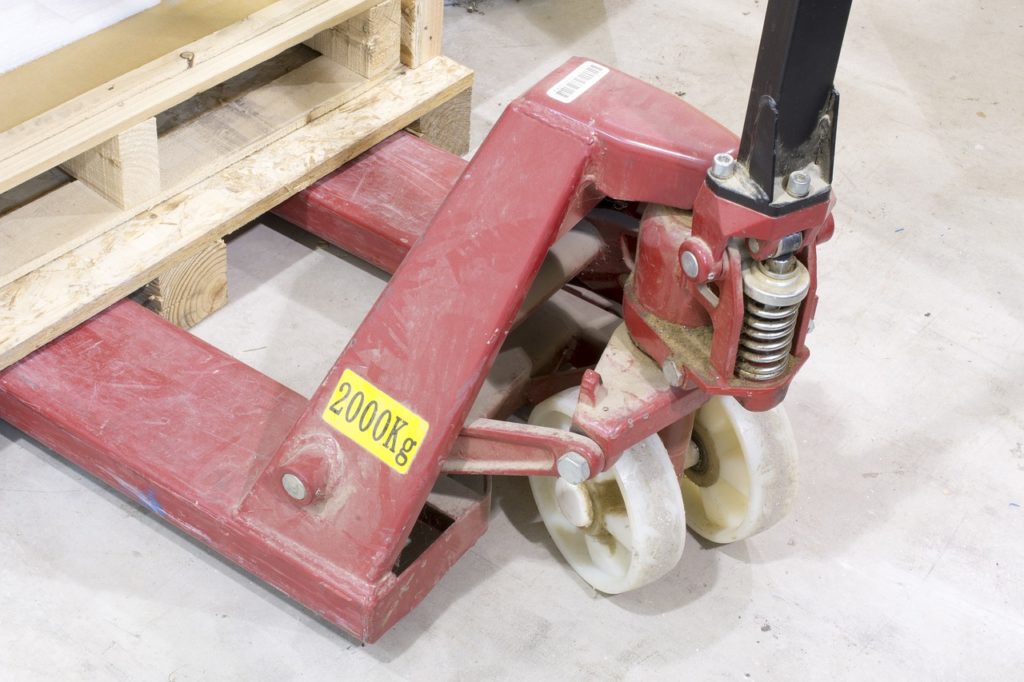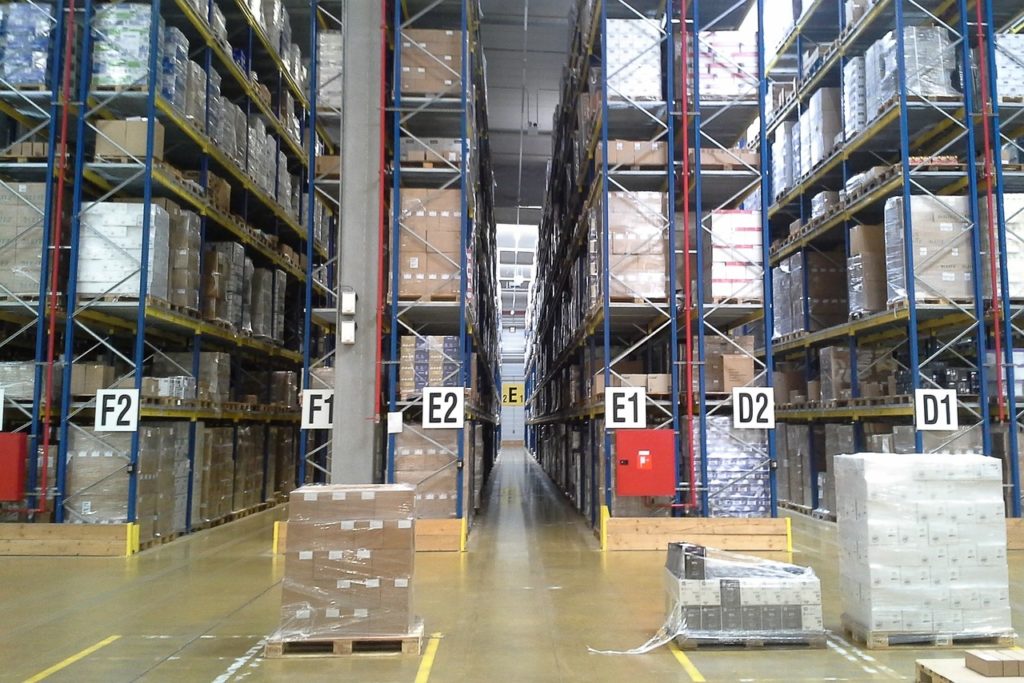Managing a warehouse is a pretty daunting task. There are more responsibilities than you can count. Not only do you have to organize shipments and transportation, but you have to do quite a few little things like training seminars and machinery checkups. It can be pretty difficult to manage, but that’s part of the job. If you want to make your job easier and increase efficiency, there are a couple of things that need fixing.
Table of Contents
1. Improper lighting
Warehouse lighting is something that needs to be taken seriously. Visibility is extremely important when you want to move tons of very heavy equipment and machinery. One wrong step could mean the destruction of hundreds of dollars of government property. Worse yet, a lack of visibility could lead to employee injury and end up costing the company a lot of money in compensation fees.

Warehouses can be pretty big, as they’re used for a variety of things like storage and transport. Because of this, managers might not have every corner of the warehouse in mind when looking for an area they should improve. You should aim to make every single part of the warehouse well-lit in order to minimize the chance of miscommunication and injury. Don’t neglect the outer part of the warehouse either. This area needs to be well illuminated for trucks and vans to be able to enter during the night.
High wattage light bulbs are an absolute must. A high number of lightbulbs won’t do much if they don’t have the power to actually illuminate anything. Keep that in mind when picking out the locations to put them in.
2. Inventory mismanagement
Warehouses are notoriously difficult to manage space-wise. You have a lot of mobile equipment that is surrounded by more boxes than you can count. Worse yet, because warehouses are storage facilities, you are very likely going to end up with more than your fair share of excess inventory. Sometimes, shipments can lag during transportation and that can lead to an overabundance of shipments in the warehouse, which will then lead to even more lagging during transport.
Proper space utilization is extremely important for the efficiency of a warehouse. You want to be able to move around freely within the warehouse without the risk of bumping into anything with a forklift or crane.
A lot of math needs to be involved in order to utilize free space to its maximum capacity. You need to understand the optimal statistical distribution of cargo within the dimensions of the warehouse. If the storage space is being under-utilized, you’re going to notice the drastic change in pace within the work environment.
3. Unsuitable machinery and equipment
Without the proper tools for the job, your workers won’t be able to reach the kind of efficiency you expect from them. Even the most dedicated worker is only as good as the tools he uses. When you take into account the limiting factor of tool quality, getting better tools becomes a sound investment.
Where you get your tools and equipment is pretty important. There are many trusted suppliers out there which will give you a variety of tools to pick from. You should always do your research regarding what you need before making your decision.
A lot of managers will try to skimp on warehouse equipment because it will increase the bottom line. But this effect is temporary. Improper tools will work for a time and then they will require frequent repairs. Not to mention the loss of efficiency that is present when the tools aren’t optimal. Ultimately, the consensus is that better tools lead to a better bottom line in just about every case. The only thing holding managers back is the initial investment that might cost them quite a bit before they see improvements. However, it’s a good thing that reliable equipment, such as warehouse picking carts, is not hard to find if you do your research properly.
4. Loading and unloading mismanagement
Docks are one of the more danger-prone areas of the warehouse. Whenever you’re loading and unloading a heavy weight, there’s always a chance that something will go wrong. This is especially true when unloading material from a forklift to a truck. Miscalculations aren’t at all uncommon. If the weight is too heavy for the truck, it can tip over and injure the driver or any nearby personnel.

For starters, the best safety measure you can take is preventing anyone from getting near the loading dock during unloading of material. Even if the dock functions with the use of lifting machinery, caution is still advised. You need to have proper lifting equipment in order for the load to be secure.
Warning signs and mechanisms should be in place to minimize exposure to injury. Many docks have a sound system that alerts passerby’s that something is being loaded or unloaded and that they should stay away for the time being.
5. Disregard for safety regulations
When they’re implemented, safety regulations are presented as a big boogeyman by managers in the workplace. They exist only to hamper productivity with delays and stacks of paperwork. This line of thinking couldn’t be farther from the truth. Everyone treats safety regulations as a chore until something bad happens.
Warehouses aren’t the safest locations in the world. There is a lot of dangerous machinery present which can cause injury in the blink of an eye. There are tons of materials present at very large heights that could pose a danger if improperly placed.
Because of this, safety regulations help protect workers from unnecessary injuries on the work floor. Safety regulations also help managers by preventing various fines by government organizations like OSHA. At the same time, avoiding injuries also means avoiding workers compensation, which is another way to look at safety protocols.
Conclusion
In conclusion, there are a lot of difficult elements to running a warehouse. You have to follow hundreds of safety guidelines and make sure that your workers and equipment are being utilized to their full extent. It can be pretty taxing, but good managers make it work and always come out on top.

